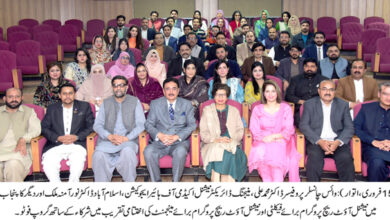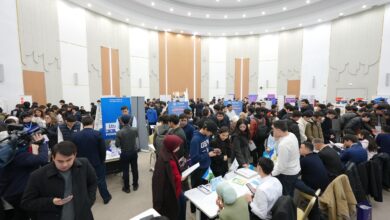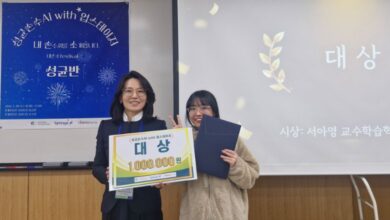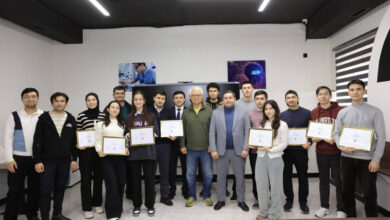UNY Enhances Spiritual Development in Students Through 2025 Qur’an Recitation Event
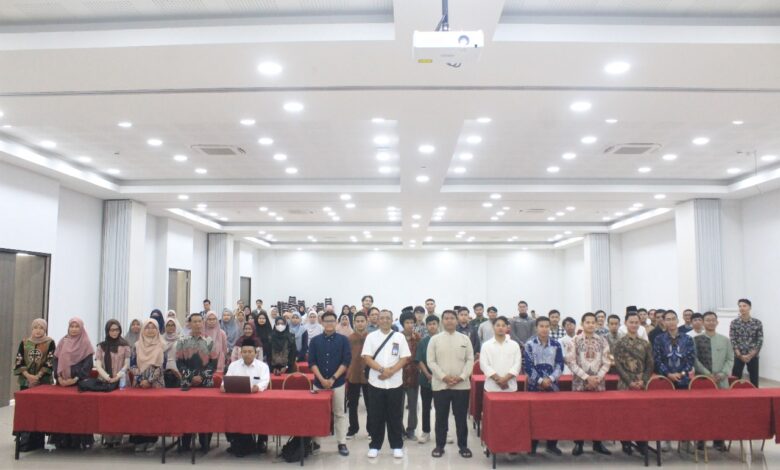
Universitas Negeri Yogyakarta (UNY) has organized the 2025 Seleksi Tilawatil Qur’an (STQ) as part of its initiative to enhance the spiritual development of its students. This event will select representatives for the upcoming National Student Qur’an Recitation Competition (MTQ MN), scheduled to take place at Universitas Lambung Mangkurat in October. Additionally, the STQ serves as a platform aimed at cultivating Qur’anic character among students.
Event Purpose and Focus
Dr. Iis Prasetyo, M.M., Secretary of the Directorate of Academic, Student Affairs, and Alumni, stated that the STQ goes beyond a traditional competition format. The focus is on integrating knowledge, faith, and ethics, thereby encouraging students to embody the values found within the Qur’an. The event took place at the Magister-Doctoral FMIPA UNY Ballroom and is designed to promote a well-rounded spiritual identity alongside intellectual growth.
Commitment to Spiritual and Technical Development
UNY’s engagement in the MTQ MN reflects the institution’s commitment to fostering both technical abilities and spiritual and moral awareness among its students. Dr. Iis mentioned that the delegation from UNY is expected to represent the university’s intellectual and spiritual essence, supporting an inclusive Qur’anic spirit that resonates across various faculties and communities.
Competition Categories
The 2025 STQ includes multiple competition categories such as Tilawah, Tartil, Hifzhil Qur’an, Scientific Writing, Qur’anic App Design, Calligraphy, and Qur’an-themed debates. By offering a wide array of categories, UNY aims to position the Qur’an as an essential source of recitation, academic motivation, ethical guidance, and community identity.
(Source: Universitas Negeri Yogyakarta)

